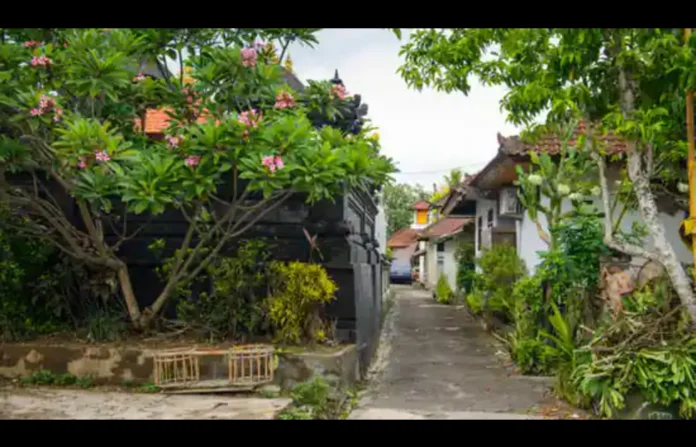The recent amendments to land rules in Goa have set off a heated debate, pitting proponents of cultural preservation against those advocating for progress and development. The coastal state of Goa, renowned for its picturesque landscapes, vibrant culture, and rich history, has found itself at a crossroads as it grapples with the challenge of striking a delicate balance between preserving its unique heritage and embracing economic growth. The contentious land rule changes have triggered a fierce dialogue that reflects the underlying tensions between cultural preservation and the drive for progress. The amendments, which seek to ease restrictions on land usage for commercial and industrial purposes, have drawn criticism from various quarters. Critics argue that the changes could lead to unchecked development, jeopardizing Goa’s distinct identity, natural beauty, and traditional way of life. They fear that unrestricted construction and commercialization could erode the state’s cultural fabric, threaten the environment, and adversely impact tourism, which is a significant source of revenue for the region.
On the other hand, proponents of the amendments argue that they are essential for driving economic growth and attracting investments, which will create employment opportunities and boost the state’s overall development. They contend that Goa needs to adapt to the changing times and leverage its resources for sustainable progress, without stifling entrepreneurial spirit or hindering infrastructural advancements. They emphasize that the amendments are designed to strike a balance between preserving cultural heritage and promoting responsible development. The debate has also revealed divisions among Goan residents themselves. Some local communities, particularly those in rural areas, express concerns about potential land grabs, loss of livelihoods, and the intrusion of large-scale industries into their traditional way of life.
Others, especially segments of the business community, believe that the amendments will unlock new avenues for economic growth and prosperity, benefiting both residents and the state at large. Furthermore, environmentalists and conservationists have voiced their apprehension over the potential ecological consequences of unregulated development. They caution that hasty construction and increased commercial activity could lead to deforestation, damage to fragile ecosystems, and pollution of Goa’s pristine beaches and water bodies. These concerns align with the need to preserve Goa’s natural heritage and ensure sustainable growth that safeguards its environmental treasures for future generations.
The amendments to Goa’s land rules have thrust the state into a fervent debate that encompasses the fundamental question of how to strike a harmonious balance between preserving culture and fostering progress. As stakeholders from diverse backgrounds and perspectives engage in this discourse, it is crucial for policymakers to consider the long-term implications of their decisions and find a middle ground that respects Goa’s unique cultural identity while charting a path toward sustainable development. Only by striking this delicate balance can Goa continue to thrive as a beacon of cultural heritage and economic dynamism in the years to come.


